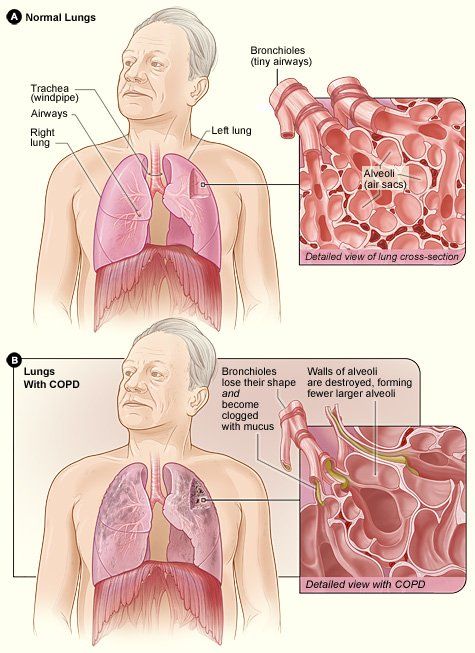End Stage Renal Disease - Chronic Kidney Disease
ESRD - CKD

What Is End Stage Renal Disease? Chronic Kidney Disease?
End stage renal disease (ESRD) is the last stage (stage five) of chronic kidney disease (CKD). This means kidneys are only functioning at 10 to 15 percent of their normal capacity. Kidneysare important organs that contribute to your overall well-being. When kidney function is this low, they cannot effectively remove waste or excess fluid from your blood. Kidneys are also responsible for other functions that support the body, such as balancing electrolytes and producing certain hormones. When chronic kidney disease develops into ESRD, dialysis or a kidney transplant is necessary to stay alive.
Urine production
Fully functioning kidneys clean the blood of wastes and excess fluid. These items are eliminated through urine. Because kidneys with ESRD do a very poor job of removing these items, waste and fluid build up in the body to unhealthy levels. Accumulated waste in the bloodstream can make you feel sick. This is a condition called uremia. When fluid is not removed from the body, tissues will swell and lead to a condition called edema. Excess fluid in the bloodstream can also increase blood pressure.
Electrolytes
Electrolytes are minerals and salts such as magnesium, sodium and potassium. They are found in foods you eat and are essential to good health. However, too much or too little of these electrolytes can make you sick. Healthy kidneys make sure these levels are balanced. But kidneys affected with ESRD cannot regulate the levels of electrolytes. When this happens, changes in your body’s functions occur. Sodium can cause tissues to retain water. Excess potassium can cause an abnormal heart rhythm, which may lead to cardiac arrest. Too little magnesium can affect your heartbeat and cause changes in your mental state; too much can leave you feeling weak.
Hormones
Healthy kidneys make certain hormones. One is a parathyroid hormone (PTH) that activates vitamin D into a substance called calcitriol. Calcitriol helps your body absorb calcium. If your body cannot absorb calcium, your bones become weak and may break. Another hormone your kidneys manufacture is erythropoietin. Erythropoietin tells your body to make red blood cells, which carry oxygen to the cells throughout your body. If your red blood cell count is low, you may develop anemia, which will leave you feeling weak and fatigued.
Enzymes
Renin is an enzyme kidneys produce. Renin helps the body regulate sodium and potassium levels in the blood, as well as help regulate blood pressure. When blood pressure drops, renin is released and starts a chemical reaction in the body that will produce a substance called angiotensin. Angiotensin causes your blood vessels to narrow, or constrict. This helps raise blood pressure. Angiotensin also signals the adrenal glands (found at the top of your kidneys) to release a hormone called aldosterone. Aldosterone tells the kidneys to retain salt (sodium) and excrete potassium. By retaining salt, the body keeps more water in the system. This water raises the blood volume and blood pressure. Kidneys affected by ESRD sometimes make too much renin, which keeps blood pressure levels high. This kind of high blood pressure can be difficult to treat.
Regular dialysis treatment, following your renal diet and taking prescribed medications can go a long way in managing ESRD. If you have been diagnosed with end stage renal disease, it is important to follow your health care team’s advices regarding treatment.
Need Help Getting with ESRD?
Contact Primary Care Offices . They can help you identify the problem and get the help you need.
Also keep in mind that at Primary Care Offices , we have doctors who accept Medicare and Medicaid on staff, as well as others who are on the list of Humana healthcare providers.
Contact Primary Care Offices for a same day doctor’s appointment at one of our conveniently located. Give us a call at 954-450-9595 , chat online , or visit our patient portal on our home page to get a comprehensive health exam.











